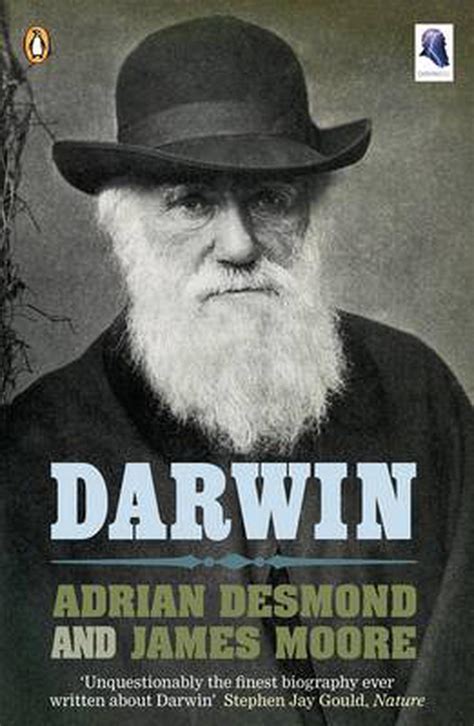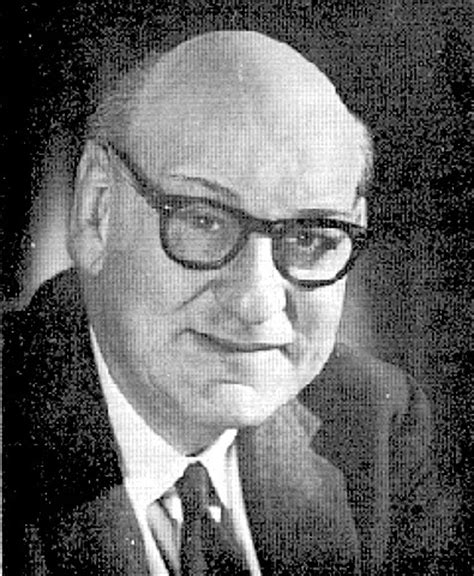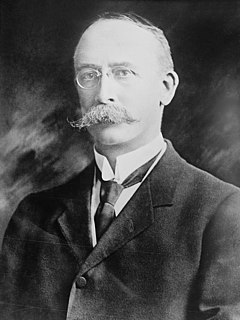A Quote by Rudolf Bultmann
It is impossible to repristinate a past world picture by sheer resolve, especially a mythical world picture, now that all of our thinking is irrevocably formed by science. A blind acceptance of New Testament mythology would be simply arbitrariness; to make such acceptance a demand of faith would be to reduce faith to a work.
Related Quotes
Contemporary Christian proclamation is faced with the question whether, when it demands faith from men and women, it expects them to acknowledge this mythical world picture from the past. If this is impossible, it has to face the question whether the New Testament proclamation has a truth that is independent of the mythical world picture, in which case it would be the task of theology to demythologize the Christian proclamation.
Science was tearing through the 'fine-spun ecclesiastical cobwebs' to behold a new cosmos, in which our Earth is merely an 'eccentric speck' - a world of evolution 'and unchanging causation'. It invited new ways of thinking. It demanded a new rationale for belief. With science's truths the only accessible ones, 'blind faith' was no longer admirable but 'the one unpardonable sin'.
Faith and daily life, faith and work-these are not separate things. They are one and the same. To think of them as separate-that faith is faith, and work is work-is theoretical faith. Based on the recognition that work and faith are one and the same, we should put one hundred percent of our energy into our jobs and one hundred percent into our faith, too. When we resolve to do this, we enter the path of victory in life. Faith means to show irrefutable proof of victory amid the realities of society and in our own daily lives.
Those whose thinking is disciplined by science, like all others, need a basis for the good life, for aspiration, for courage to do great deeds. They need a faith to live by. The hope of the world lies in those who have such faith and who use the methods of science to make their visions become real. Such visions and hope and faith are not a part of science.
True belief is not about blind submission. It is about open-eyed acceptance, and acceptance requires persistent distance from the truth, and that distance is doubt. Doubt, in other words, can feed faith, rather than destroy it. And it forces us, even while believing, to recognize our fundamental duty with respect to God's truth: humility. We do not know. Which is why we believe.
Imagine how our own families, let alone the world, would change if we vowed to keep faith with one another, strengthen one another, look for and accentuate the virtues in one another, and speak graciously concerning one another. Imagine the cumulative effect if we treated each other with respect and acceptance, if we willingly provided support. Such interactions practiced on a small scale would surely have a rippling effect throughout our homes and communities and, eventually, society at large.
The systems of stereotypes may be the core of our personal tradition, the defenses of our position in society. They are an ordered more or less consistent picture of the world, to which our habits, our tastes, our capacities, our comforts and our hopes have adjusted themselves. They may not be a complete picture of the world, but they are a picture of a possible world to which we are adapted. In that world, people and things have their well-known places, and do certain expected things. We feel at home there. We fit in. We are members.
If I did not believe, if I did not make what is called an act of faith (and each act of faith increases our faith, and our capacity for faith), if I did not have faith that the works of mercy do lighten the sum total of suffering in the world, so that those who are suffering on both sides of this ghastly struggle somehow mysteriously find their pain lifted and some balm of consolation poured on their wounds, if I did not believe these things, the problem of evil would indeed be overwhelming.































